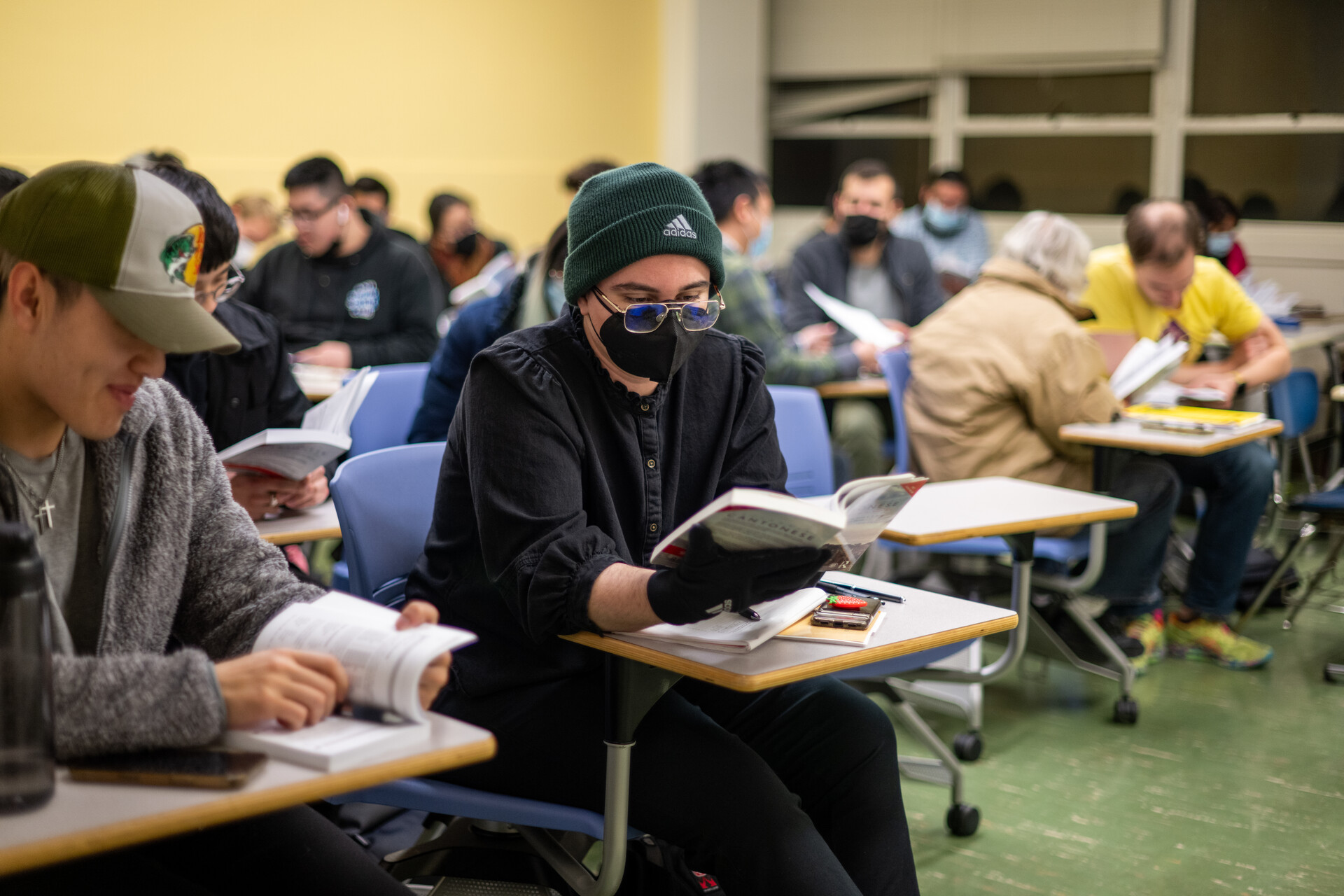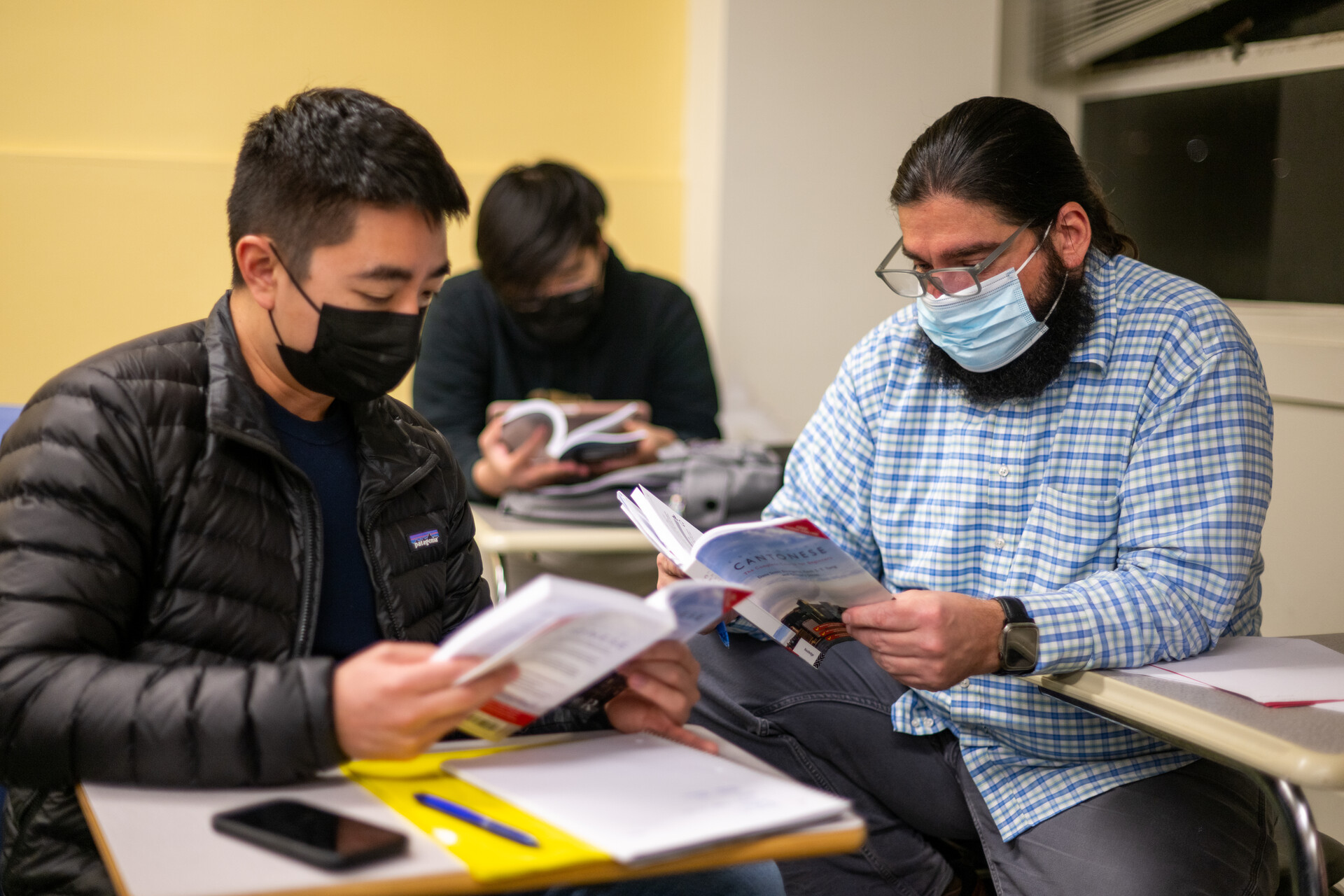Some commentators have pointed out that first responders’ inability to speak Cantonese may have impacted their capacity to help Xiao Zhen Xie, an older woman who fought off an attacker with a wooden board in March 2021.
In another incident in May 2021, 84-year-old Jean Chang Kan Fung was reported missing after she didn’t return home from a walk. Nearly two weeks later, her body was discovered on a beach in Pacifica, though it wasn’t confirmed as hers for months. It turned out that California Highway Patrol officers had encountered Fung the day she went missing — they picked her up after responding to 911 calls about a person walking on a highway, then gave her a ride to a Safeway miles from her home. Chesa Boudin, who was then the district attorney, suggested that a “communication breakdown” had taken place, as Fung spoke only Taishanese and Cantonese.
“We don’t know where the communication went wrong,” Boudin said at a press conference about the incident. “But we know she didn’t get a ride home. She didn’t get a ride close to her home … I think all of us feel that, had there been more language access, perhaps this devastating situation could have been avoided.”
A spokesperson for the San Francisco Police Department said he was not aware of an issue of translation in the department’s response to the first woman, and he wrote that a certified Cantonese-speaking officer assisted the victim in the initial investigation. The California Highway Patrol, which responded to the latter incident, did not respond to a request for comment.
“These are dramatic cases,” said Russell Jeung, an Asian American studies professor at San Francisco State University. “But I also know lots of cases where people don’t call 911 because they don’t know how to speak to dispatchers, or they don’t seek out health care because they don’t understand the doctors.”
Jeung, who co-founded Stop AAPI Hate, a coalition that tracks and responds to hate incidents, added that the March and May 2021 incidents came at an “inflection point” where there was a heightened awareness among Asian Americans and Pacific Islanders of attacks. (Jeung is no longer with the coalition.)
He said institutions’ failure to provide access to services in an appropriate language constitutes a form of hate.
“This type of cultural insensitivity is a problem,” he said. “Addressing racism involves both addressing the hate incidents but also the broader, institutionalized forms of hate.”
‘We can be a source of comfort’
Stop AAPI Hate has received 942 reports of hate incidents in the last year in San Francisco, with 63% of those incidents being reported by Chinese respondents, according to data provided by the group.
Some essential workers pointed to such incidents as the motivation for their efforts to learn or use Cantonese on their jobs, as well as first-hand experiences with language access.
Christine Chow, a student in Yu’s class who works as a medical assistant at a Daly City dermatology clinic, said she thinks of a Cantonese-speaking patient who visits the clinic after picking up his prescriptions to have his medications explained to him, even though pharmacies in California are required to provide services in languages other than English.
“We can be a source of comfort for patients when we can provide that help,” Chow said.

Wong, the City College trustee, cited an incident at a San Francisco hospital where he stepped in to interpret for an older Chinese woman as the motivation for his advocacy.
He recalled walking down a hallway when the woman flagged him down. She had a “big purple eye,” Wong said, and she told him that she had been punched on a bus. According to Wong, she told him that when police officers arrived, they were unable to communicate with her, and she was further unable to communicate with staff at the hospital.
“Whenever I think about the importance of having a Cantonese education, I think about her,” he said.
‘We still have a long way to go’
Jeung, the San Francisco State University professor, added that in some regards, San Francisco is ahead of other cities in providing language access as a result of its Language Access Ordinance, one of the strongest local language laws in the country.
The law requires that all city departments that serve the public provide “fair language access” and establishes a reporting process for departments and residents to determine whether the city is following the law. But Jeung said there is still a question of how well the law is implemented.
“The fact that the community continues to cry out for these types of services shows that we still have a long way to go in implementing these types of policies,” Jeung said.
The question of language access is important to city officials, added Mason Lee, spokesperson for Mayor London Breed, citing the law.
“The system is not perfect, but everyone who works for the city knows how much we value being multilingual,” Lee said.

Some first responders employed by the city are also working to improve language access. According to spokespeople for the fire and police departments, about 4% of fire department employees and 6% of police department employees speak Cantonese.
Stan Lee, a San Francisco firefighter who leads the Asian Firefighters Association, said Cantonese language skills are already underrepresented in the department, and new Chinese hires are often born in the U.S. or come to the department from outside the city, making them less likely to speak Cantonese.
Lee added that not having appropriate language skills can be dangerous when responding to calls. He gave the example of a firefighter being unable to understand what medications a victim is taking: “That could be a life-or-death situation,” he said.
San Francisco Police Department Sergeant Culbert Chu, who leads the department’s Asian Peace Officers Association, added that in emergency situations, dispatchers prioritize sending first responders who can speak the appropriate language, and when that is not possible, responders are able to use the LanguageLine app, an on-demand interpreting service.
Chu noted that all four Chinatown beat officers can speak some amount of Cantonese, and he has worked on community outreach in Chinatown, such as by providing residents with the phone numbers of Cantonese-speaking officers.
“When they hear us speaking [Cantonese], it puts them at ease,” he said. “It makes people more comfortable talking to us about what happened.”
Curran Gong, a police officer who works with Chu, added, “The more Cantonese speakers, the better.”
